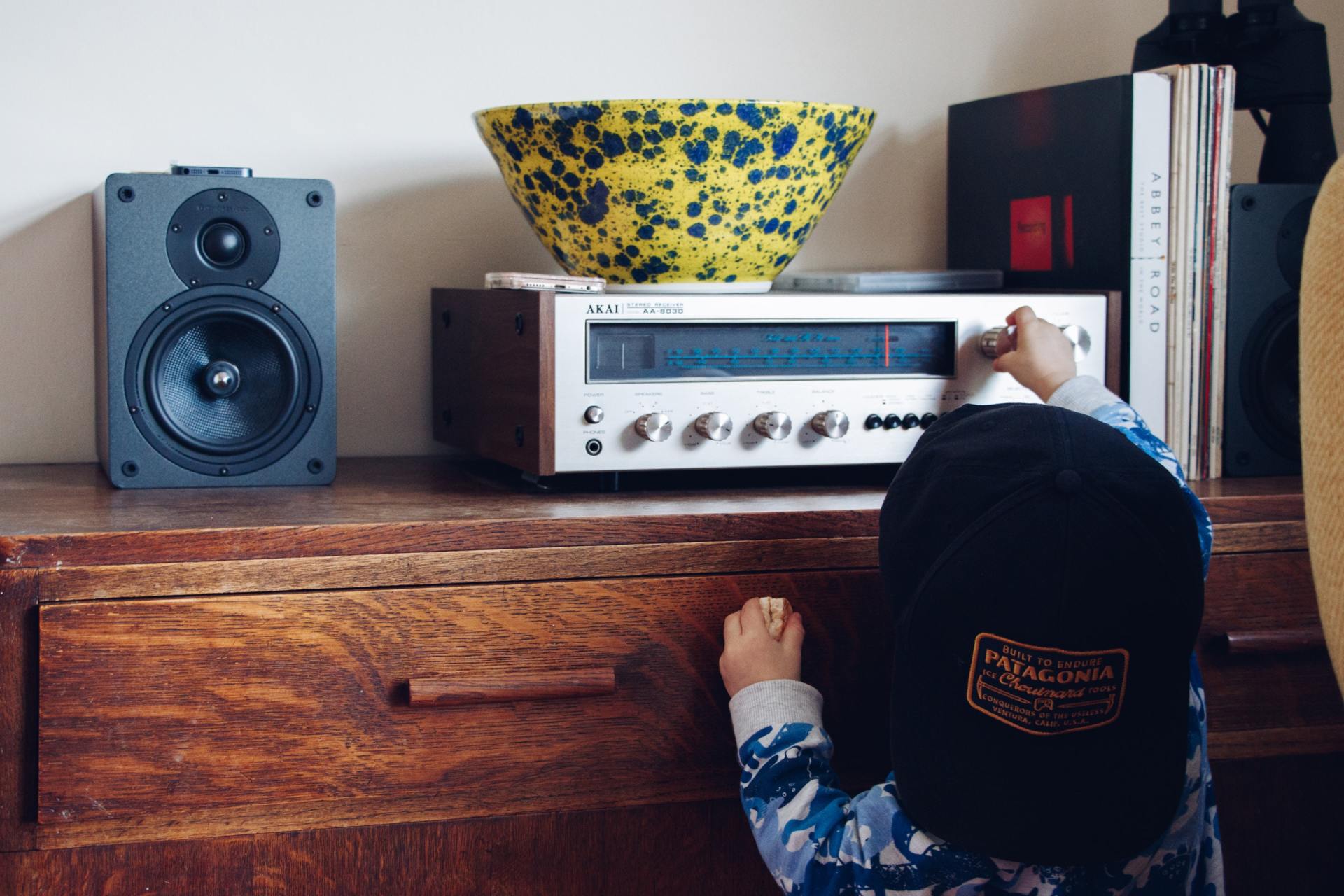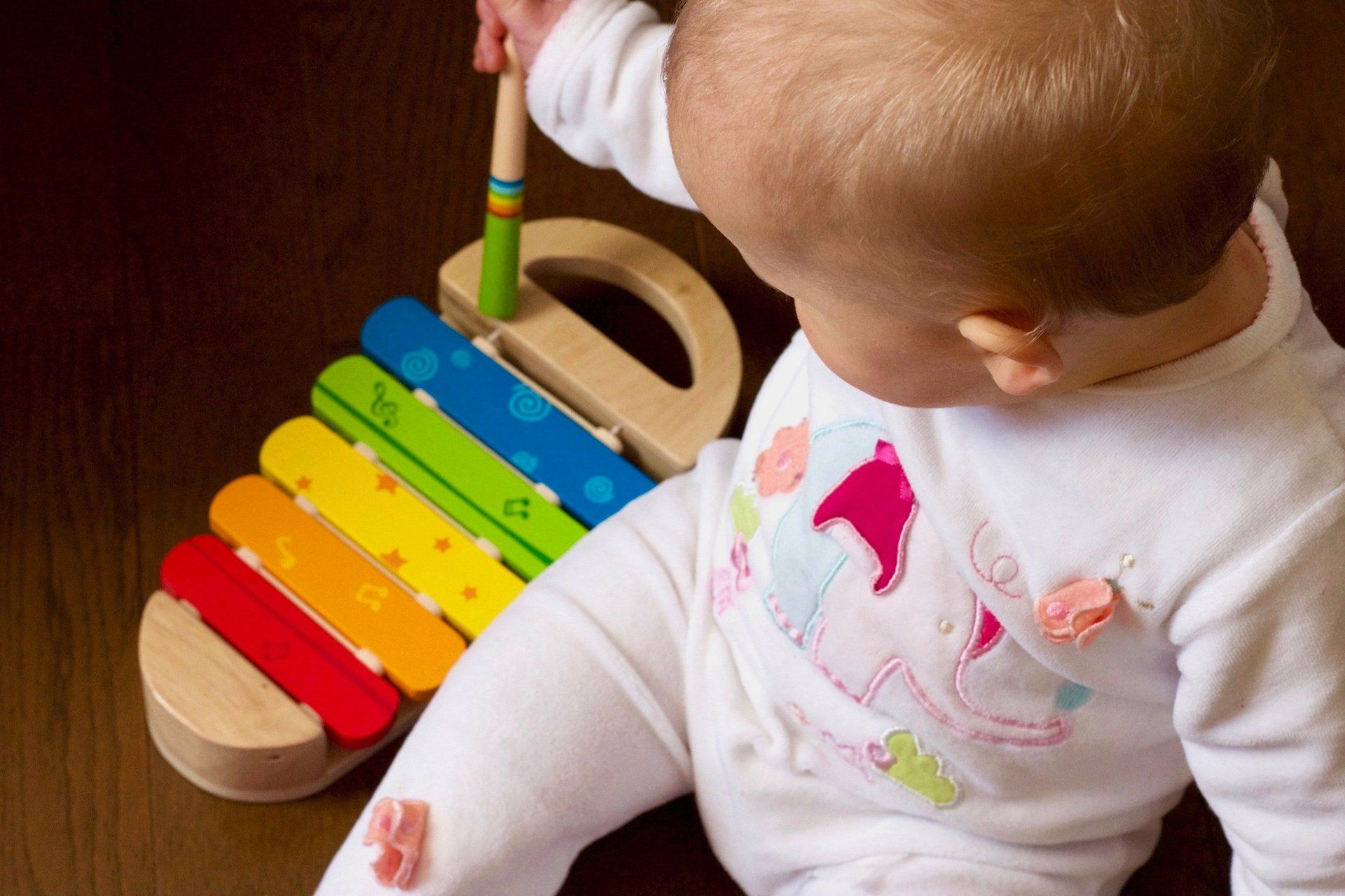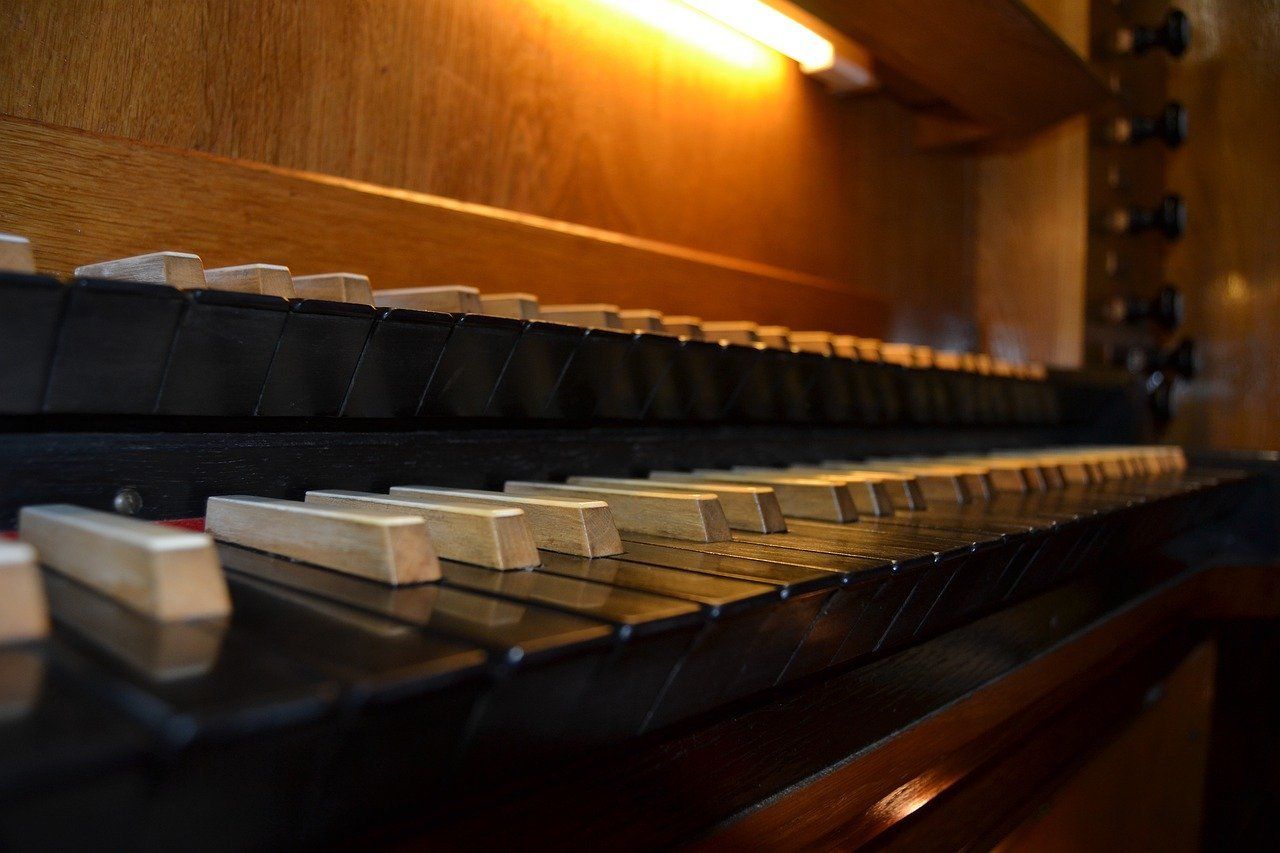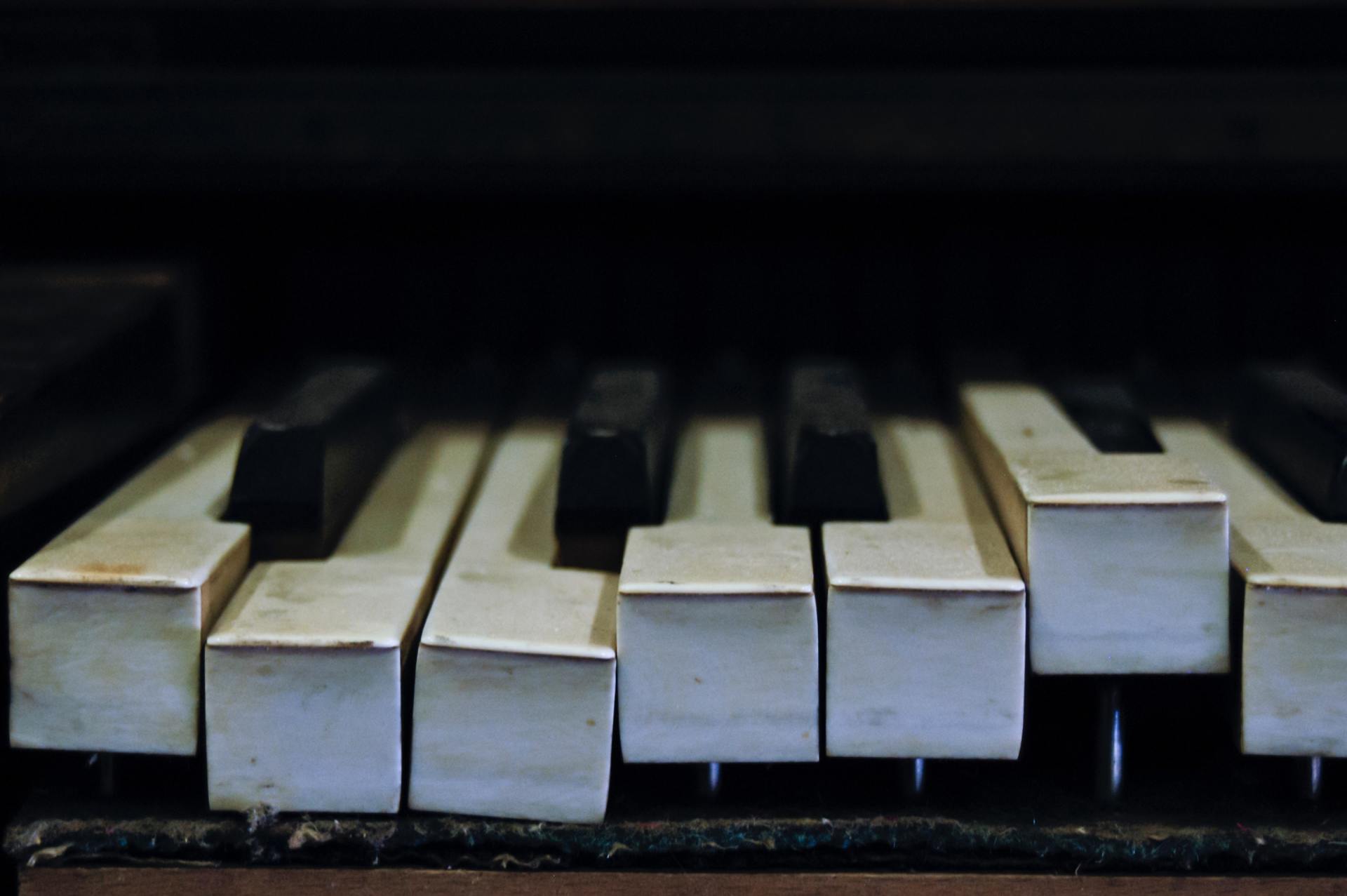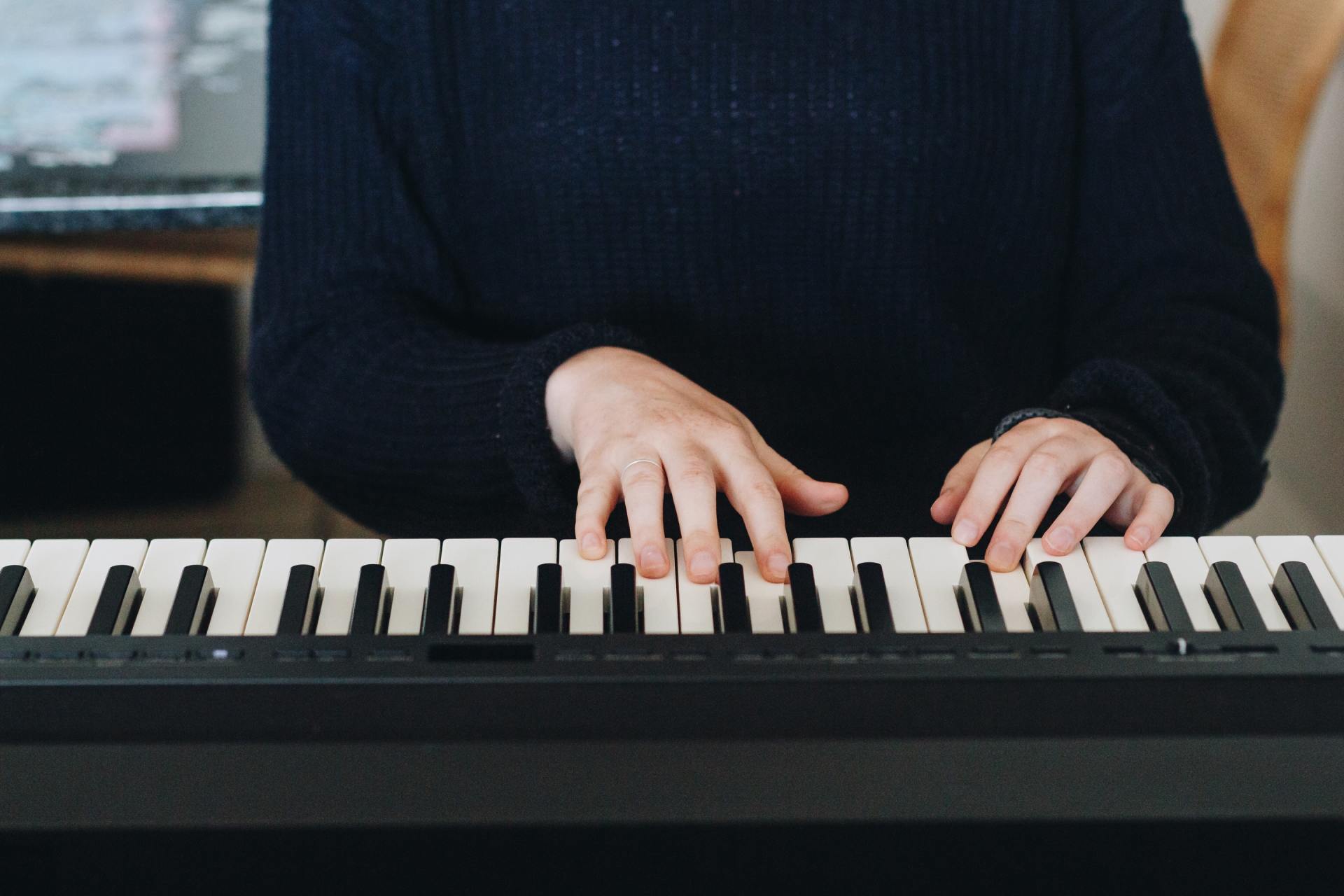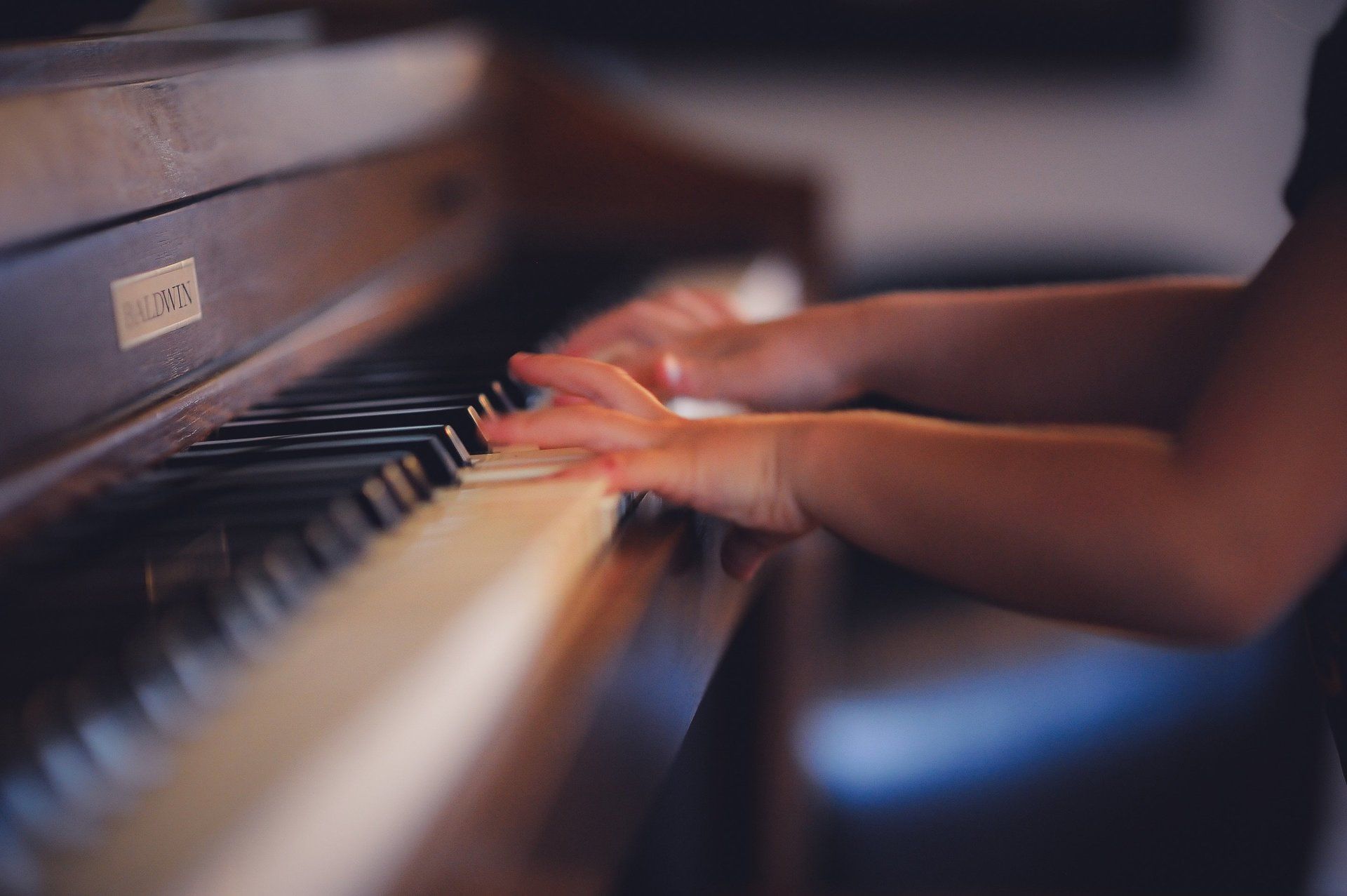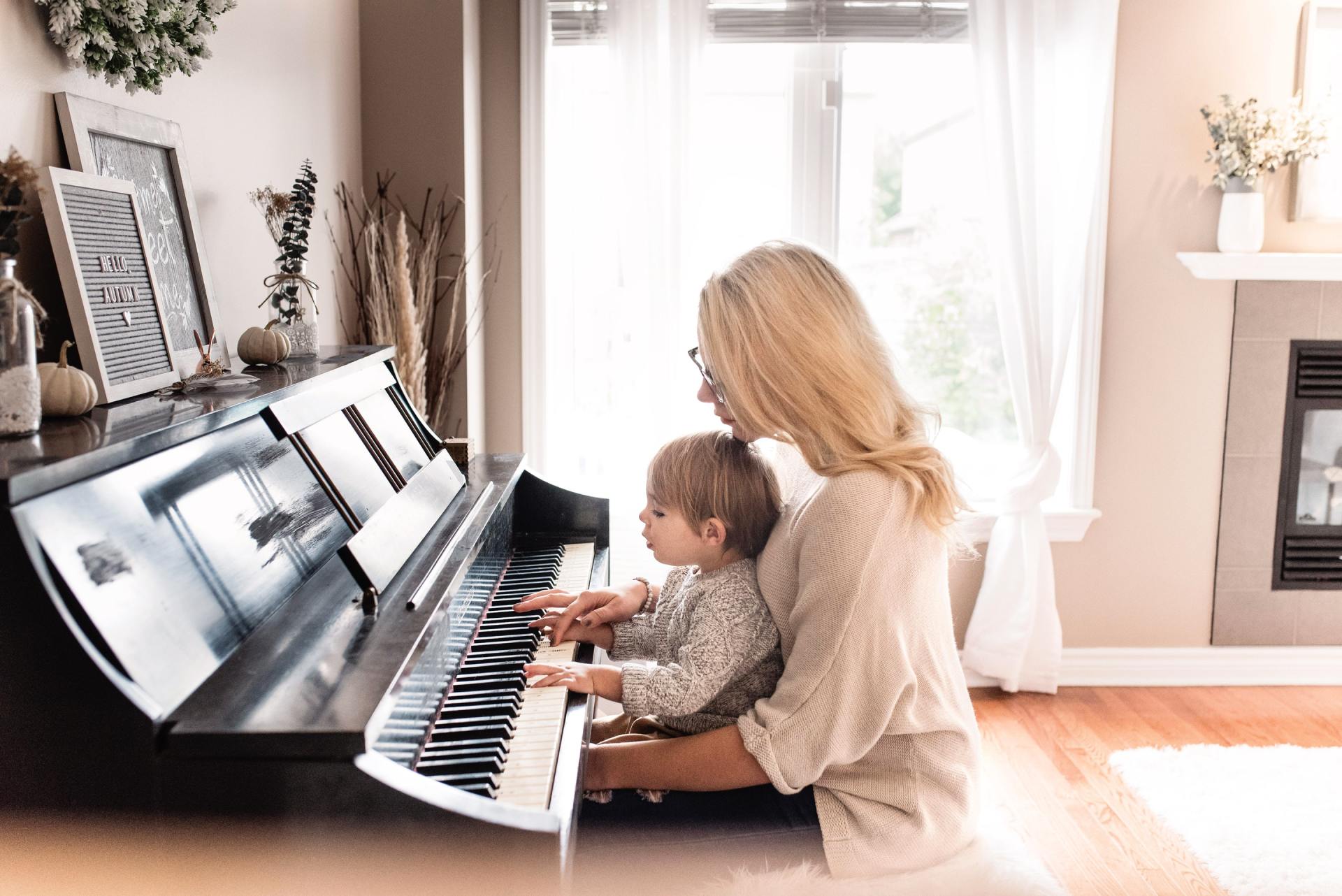3 Questions to Ask Your Piano Repair Person Before They Go to Work
Piano and Organ Repair Staff • December 3, 2019
This is a subtitle for your new post
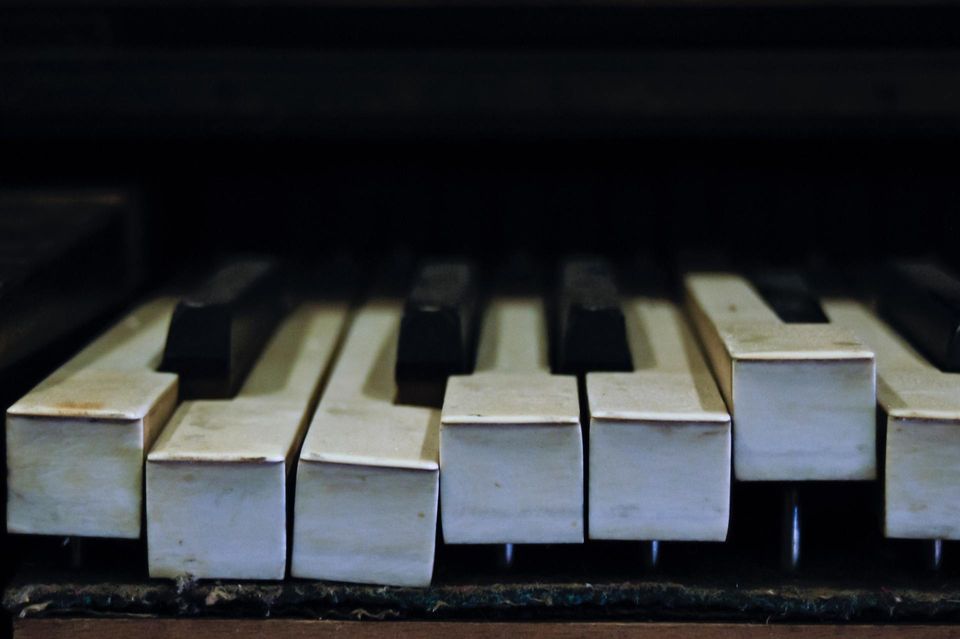
As with most things, pianos endure a lot over the years in which they sit in our creative spaces. There are plenty of ways to keep our keyboards in good shape, but normal wear and tear will take an inevitable toll; in order to properly maintain your instrument, a maintenance professional is vital. While pianos should be tuned at least once a year, there is likely to be other cause to call for professional help.
In some situations you will know what’s causing the issue with your instrument, in others you will not. No matter your knowledge of your piano, there is always more that you can learn from the professional who comes to help. Here are 3 questions we recommend asking your keyboard professional before they get to work on your instrument.
- How much should the repair cost? While it seems to be commonplace to request a quote before the work of any professional begins, it is incredibly important to know what you’re expected to invest in the instrument before the maintenance begins. It is important to remember what keyboards of all sorts are intricate and require specialized attention. Some professionals will offer discounts on recurring services such as tunings and keyweight management, but depending on the level of damage that requires service, prices can vary between repair professionals. Be sure to also check with your technician about what factors may play into higher or lower final costs!
- What can you do to prevent recurring damage from affecting your instrument further? - Many piano owners want to get as much use as possible out of their instruments, but are unprepared to handle environmental factors that can distort or otherwise damage them. Piano specialists also want longevity to be a goal for keyboard owners, so inquire with them about what your piano placement may have to do with the wear and tear the instrument is enduring. Repair professionals are likely to also know the best preventative maintenance measures that you can take without needing any specialized knowledge. These measures help assure that your piano will require less maintenance over its lifetime without requiring the attention of a professional.
- What can you do for your technician? While most body-based repairs on keyboard instruments require little environmental modification, tunings and regulations require specific sound environments to be carried out efficiently. While this is generally just a quiet environment, specialists may have their own set of standards for their work environments. While you may not be able to provide them with anything but a glass of water, every professional appreciates having a comfortable work environment.
While you can prepare for a repair by requesting some information before the piano repair technician arrives to make the repair, it is always recommended to ask these basics before the repair begins. Learning the above factors helps assure that you’re prepared for the entire repair process, while establishing a healthy rapport with the technician carrying out the work on your instrument.
Does your keyboard need maintenance? We would love to help! Request a quote or begin the repair process with us now -- West of Corning, New York - 607-324-7059, East of Corning, New York - 607-732-9629.
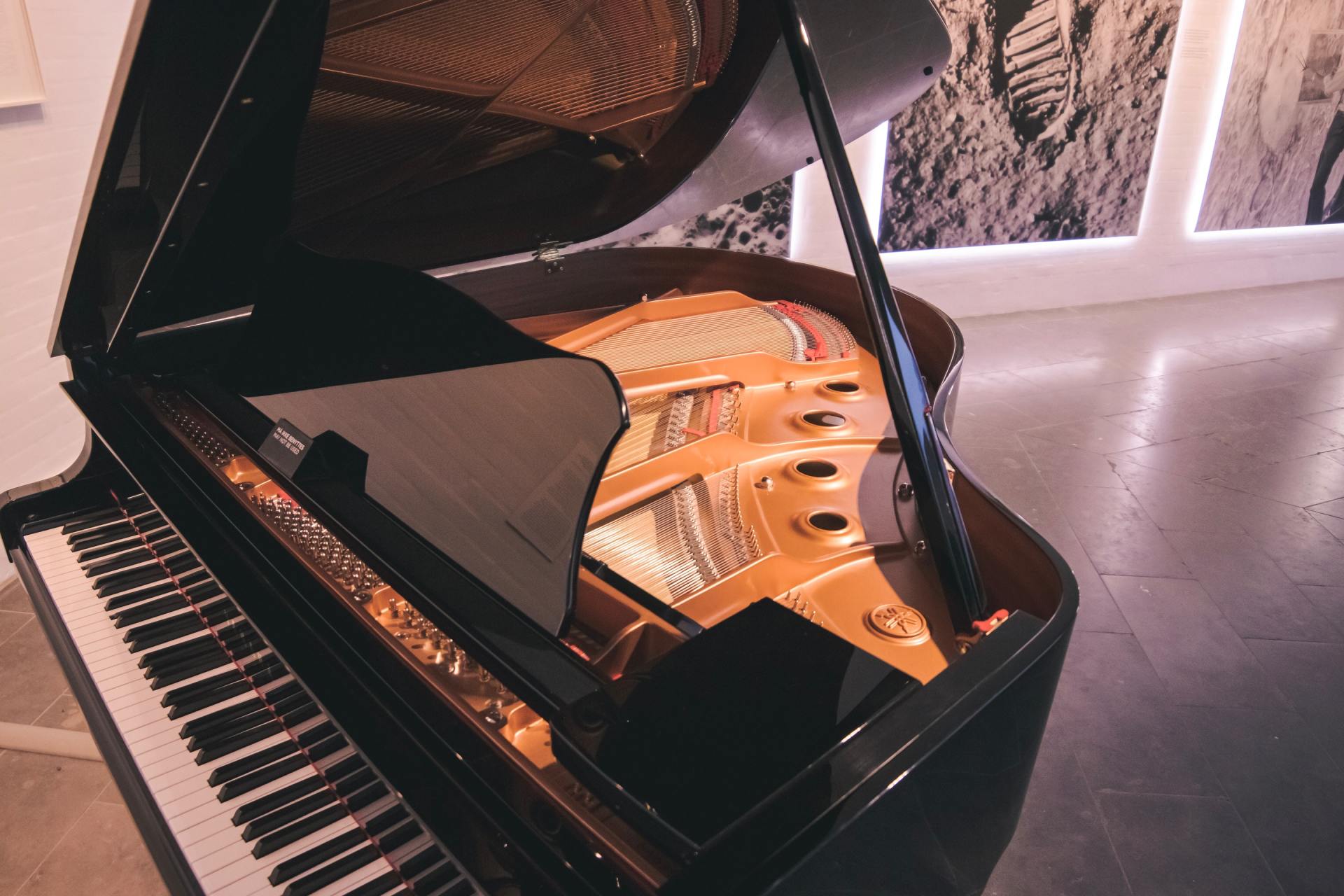
Why Does My Piano Go Out of Tune? Piano strings are under a great deal of tension, which is supported by the frame, plate, pinblock, tuning pins, bridges and soundboard. Anything which effects the position of these parts will cause a change in the tension and make the piano go out of tune. Why Do My Keys Stay Down? Push down on he back end of the key, near the capstan. If both ends of the key go down at once the key is broken. If the back end of the key will not go down, a foreign object, like a crayon has fallen under it. If the back-end of the key goes down and the front comes up, determine if the key or action is sticking. Hold the key down in the back with one hand, raise the whippen with the other hand and release the whippen. If the whippen drops to its resting position properly the key is stuck. If the whippen stays up the trouble is in the action. If the front of a white key binds on the keyslip, remove the keyslip and insert shims made of paper or business card stock in the appropriate places so that the shims will hold the keyslip away from the front end of the keys. Why are My Keys Sluggish? If the piano key plays the action properly, but is slow in coming back up, remove the key and ease both the front & balance rail bushings, or sand spots which bind to the adjacent key. What Should I do About Broken Hammer Shanks? Hammers usually break in the middle. To repair, first remove the butt or flange in a grand piano, in an upright piano use a flange screwdriver. Remember, do not apply excessive pressure to the jack. Apply glue, align the parts and press them together. Remove excessive glue and wrap the joint with heavy thread. The thread may be removed and the shank sanded and cleaned after the glue has dried.

